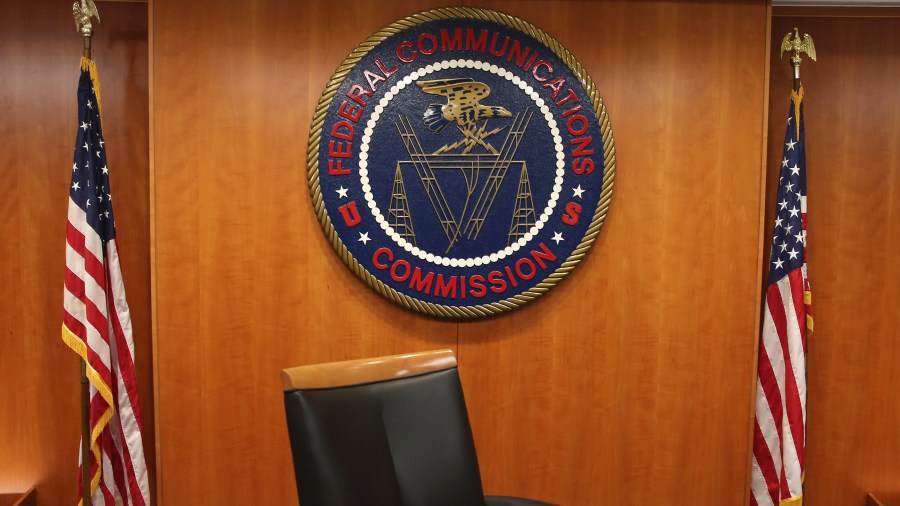Bringing back net neutrality rules is high on Biden’s tech agenda

The Federal Communications Commission will confront a number of issues in the coming years, from the digital divide to social media policy to 5G infrastructure. So what could the FCC’s priorities look like under President-elect Joe Biden?
I spoke with Tom Wheeler, chairman of the FCC from 2013 to 2017. He said one major issue will likely be restoring Obama-era net neutrality rules that required internet service providers to offer equal access to content on the web. Current FCC Chairman Ajit Pai reversed those rules in 2017. The following is an edited transcript of our conversation.

Tom Wheeler: You’ve seen the beginning of particularly wireless carriers favoring their own kinds of activities. For instance, AT&T Wireless says, “Hey, if you buy [AT&T-owned] HBO [Max] from me, I won’t charge you data rates. But if you want to go to Netflix, I’m going to charge your data rates.” I think we need to have a level playing field so that there can be competition across all platforms. And that’s a new opportunity that will be opened up to the Biden FCC.
Amy Scott: Net neutrality has been such a big issue. What do you think the consequences are of this kind of seesawing back and forth, depending on who’s in control of the White House?
Wheeler: Well, I hope that the Biden FCC can put it to bed, at least for the next four years. The Congress, if it’s possible to legislate, could do that themselves, but hasn’t been able to do that. And the concept that is behind net neutrality is something that in this country literally traces back to the Pacific Telegraph Act of 1862, which said that you need to have first-come-first-serve nondiscriminatory access to this essential service called the telegraph. It was a concept that then got extended to the telephone as it replaced the telegraph. And now as the internet has replaced the telephone as the most important network, we need to have the same kinds of concepts. And I think Biden’s return to net neutrality will return us to that kind of stability that we’ve had since 1862.
Scott: More than 20 million Americans still lack high-speed internet access. How do you see a Biden administration approaching that?
Wheeler: I see it being a high priority. The Trump FCC defined closing that divide as “what do we do to help rural, red states,” and ignored the fact that there are more than three times as many Americans who don’t have access to [broadband] internet in blue, urban areas because they can’t afford it. There needs to be a legitimate two-prong attack, and that is to spend money to build so that all Americans have access to the internet. And the second is to make sure that there is a program in place that will help low-income Americans pay for their internet access.
Related links: More insight from Amy Scott
Wheeler mentioned that three times as many Americans in urban areas lack broadband as those in rural parts of the country. Here are more details on that statistic.
Also, here’s a link to a recent study by the Rand Corp. about the digital divide, which has grown more pressing during the COVID-19 pandemic as an estimated 50 million K-12 public school students switched to remote learning in the spring. The study found that teachers in high-poverty schools were much more likely to say their students lacked internet access at home. Eighty-three percent of teachers in low-poverty schools said most or all of their students had access at home. Only 30% of teachers in high-poverty schools could say the same.
Not surprisingly, teachers who said their students had access were also more likely to have contact with students’ families and to say that their students were doing their work. Access varied significantly by state, with teachers in Rhode Island and New York reporting the highest levels of access and those in Mississippi and Louisiana the lowest.
Finally, one question in the presidential transition is what happens to current FCC Chairman Ajit Pai. Typically, commission chairs step down at the end of a presidential term regardless of who wins. But Pai could stay on as a commissioner, though with Democrats regaining a majority, his recent priorities, like weakening legal protections for social media companies to police content, could go nowhere.
The future of this podcast starts with you.
Every day, the “Marketplace Tech” team demystifies the digital economy with stories that explore more than just Big Tech. We’re committed to covering topics that matter to you and the world around us, diving deep into how technology intersects with climate change, inequity, and disinformation.
As part of a nonprofit newsroom, we’re counting on listeners like you to keep this public service paywall-free and available to all.
Support “Marketplace Tech” in any amount today and become a partner in our mission.

















